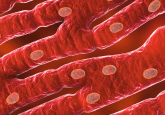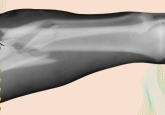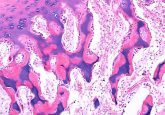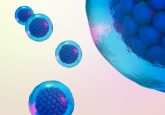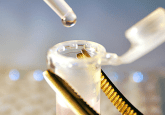Cell therapy weekly: scientists discover new organoid that mimics how gut and heart tissues arise cooperatively from stem cells
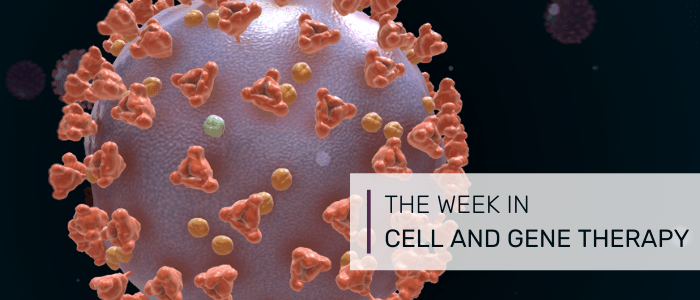
This week: Scientists discover new organoid that mimics how gut and heart tissues arise cooperatively from stem cells, study shows mesenchymal stem cell secretome formulation as biotherapeutic to inhibit growth of triple–negative breast cancer, and researchers find stem cell-based treatment may help Type 1 diabetes patients produce insulin.
The news highlights:
- Scientists discover new organoid that mimics how gut and heart tissues arise cooperatively from stem cells
- Study shows mesenchymal stem cell secretome formulation as biotherapeutic to inhibit growth of triple-negative breast cancer
- Researchers find stem cell-based treatment may help Type 1 diabestes patients produce insulin
Scientists discover new organoid that mimics how gut and heart tissues arise cooperatively from stem cells
Scientists at Gladstone Institutes (CA, USA) have discovered how to grow a three-dimensional organoid that mimics how gut and heart tissues arise cooperatively from stem cells.
This new organoid could present the opportunity to act as a tool for laboratory research into signaling between tissues in order to promote healthy human development.
“Our research highlights promising new dimensions for organoid technologies that could improve our understanding of how developing organs and tissues cooperate and instruct each other,” says Gladstone Senior Investigator, Todd McDevitt.
Study shows mesenchymal stem cell secretome formulation as biotherapeutic to inhibit growth of triple–negative breast cancer
In a recent Scientific Reports study published on 6 December, a protocol was developed for the processing of human adipose– derived mesenchymal stem cell secretome formulation of varying concentration. Its effectiveness was evaluated in vitro using breast cancer cell lines in a nude mouse breast cancer model.
The results showed significant cell kill when exposed to the secretome above 20 mg/ml at which concentration there was no toxicity to normal cells.
The study concludes that secretome formulation is a potential biotherapeutic for drug-resistant breast cancer and could be used initially as an add-on therapy to other standards of care.
Researchers find stem cell-based treatment may help Type 1 diabetes patients produce insulin
A study conducted by researchers at the University of British Columbia and Vancouver Coastal Health (VCH) has shown that an implant infused with stem cells can help the body produce insulin on its own.
As part of the study, fifteen patients with Type 1 diabetes had a device containing millions of lab-grown cells implanted in their abdomen. The cells originated from a single stem cell line and were prepared into becoming beta cells, responsible for making insulin. Six months later, the cells had started producing small amounts of insulin when needed.
“There is hope for people with type one diabetes, that has never existed before,” Dr David Thompson, endocrinologist at Vancouver General Hospital, told CTV National News.
“No one yet has been able to completely stop (taking) insulin, although they have been able to reduce the amount that they’re taking and improve the control of their diabetes during this trial.”
“They’re all waiting for the time when somebody can actually say, ‘I need no more insulin,’ and that’s coming very soon.”
You might also like:

